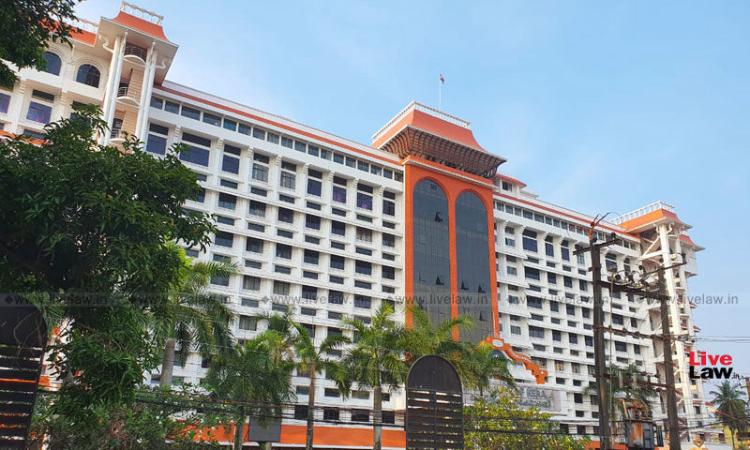Initiating Litigation Cannot Be Treated As An Act Of Criminal Conspiracy: Kerala High Court
Hannah M Varghese
7 April 2022 1:23 PM IST

Next Story
7 April 2022 1:23 PM IST
The Kerala High Court on Tuesday while quashing proceedings against two individuals who were accused of forging the 1934 Constitution of the Malankara Orthodox Syrian Church observed that Initiating litigation cannot be treated as an act of conspiracy as contemplated under Section 120B of the CrPC. Justice Ziyad Rahman A.A found that the offence of criminal conspiracy is not attracted in the...
